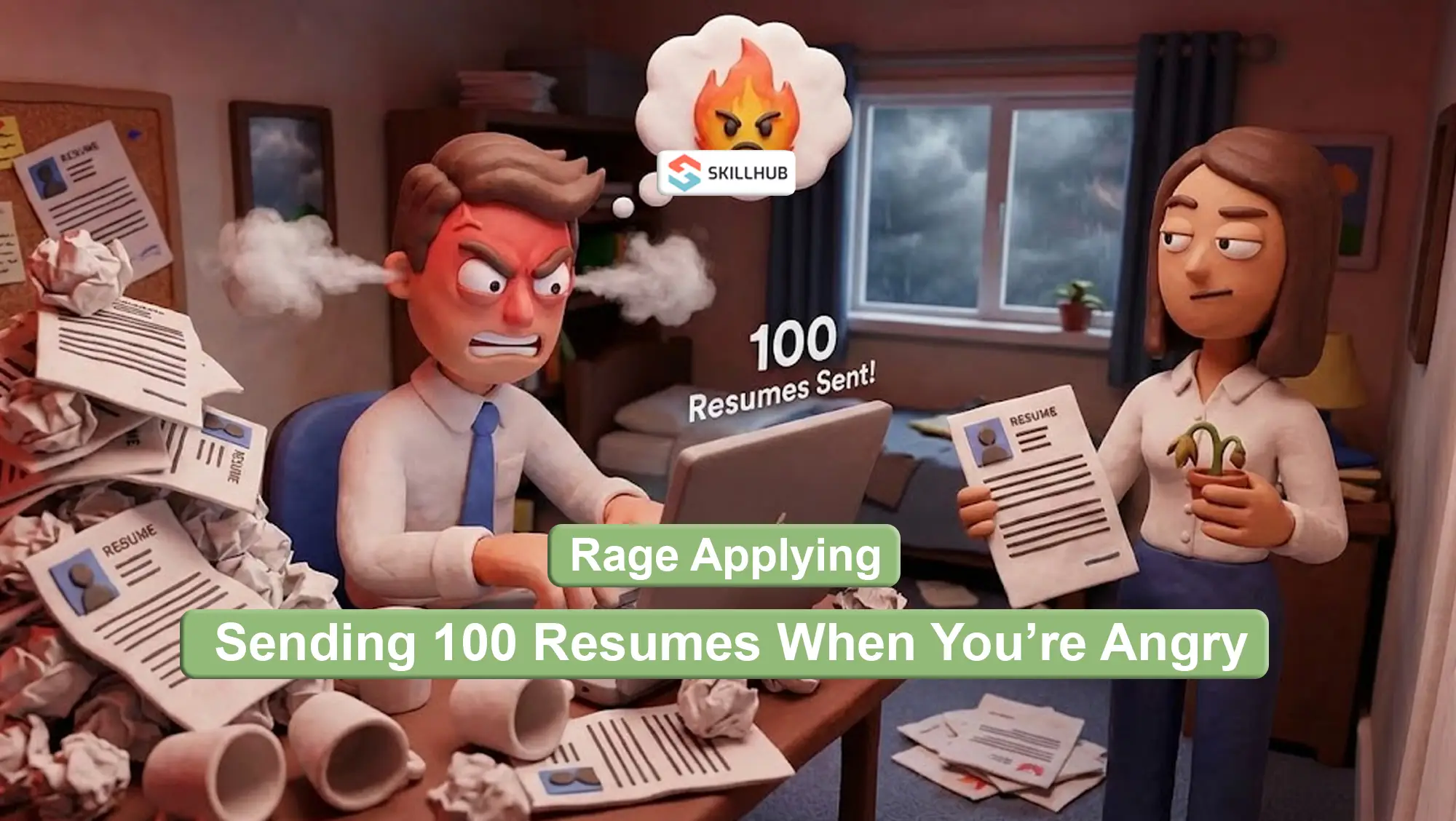How Can Freelancers Prevent or Overcome Seasonal Affective Disorder (SAD)?

Seasonal affective disorder, or SAD, is a type of depression that occurs in connection with the seasons. Symptoms usually start in the fall and winter and improve during spring and summer (though not always). SAD can also occur in reverse, called summer seasonal affective disorder, but less often.
The precise cause of SAD is not really known, but it is thought to be linked to lower levels of sunlight, which can affect the body's circadian rhythm and even upset the chemical balance of the mood-controlling hormones. Some people are more susceptible to SAD than others, and the disorder may be caused by genetic factors or the biochemistry of an individual.
Freelancers can combat SAD if they maintain a regimen, are exposed to plenty of natural light, practice self-care, and get expert help. Freelancers can also tailor their work role and environment so they can manage better symptoms of seasonal affective disorder, such as working in a sunnier room or changing the time they work.
Why Do People Get SAD?
People acquire SAD due to a lack of sunlight exposure and due to their internal clock shifting, which has an effect on energy levels and mood. Reduced daylight during the fall and winter seasons can lead to symptoms of seasonal affective disorder. Summer seasonal affective disorder, on the other hand, can be caused by additional daylight hours and mild temperatures.
While SAD can impact anyone, certain position or career paths that require working indoors can increase the likelihood of developing SAD. It's important for people experiencing SAD to seek professional help and apply self-care strategies to combat the condition. Freelancers who work with larger organizations, agencies, or even long-term clients may sometimes be asked to provide documentation of their work history, such as an employment verification letter. Navigating these requests can be challenging, especially without traditional HR support. Thankfully, tools like an employment verification letter tool can simplify the process by generating accurate and professional letters tailored to freelance situations—helpful for securing rentals, loans, or contractual agreements
What Are the Main Symptoms of SAD?
The main seasonal affective disorder signs include depression, anxiety, hopelessness, decreased energy, prolonged sleep, changes in appetite, and inability to concentrate. Seasonal affective disorder facts state that it impacts about 10 million Americans every year.
The affected person must pay attention to the signs and seek help if necessary. Self-help strategies, seeing a professional, and utilizing career resources will also help laborers protect their well-being.
How Can Freelancers Fight SAD?
Knowing SAD-preventing strategies is important for freelancers to maintain their productivity and mental health throughout the year. This includes methods to combat seasonal affective disorder summer and SAD in the fall and winter months. One effective approach involves incorporating regular physical activity, such as following a structured beginner triathlon training plan, which can help boost mood, increase energy levels, and provide consistent outdoor exposure throughout different seasons. Additionally, integrating nutrient-rich juices into your diet, made using a professional-grade H400 slow juicer, can enhance overall wellness and support mental health. Otherwise, freelancers might struggle to maintain their work output and well-being.
Get Enough Sunlight
One of the best things you can do to ward off SAD is to expose yourself to more sunlight. Freelancers can do that by going outside and taking a break during the day or at least investing in seasonal affective disorder lights that mimic natural sunlight. You can find those by doing an Internet search or by consulting with a health professional.
A further recommendation is to sit the workspace near a window to achieve maximum natural lighting exposure. Regardless of whether you have an organization or department, it is feasible to implement minor adjustments to redo your schedule or workspace to more effectively treat your SAD symptoms.
If these self-care strategies aren't effective, other options exist, such as seasonal affective disorder light therapy or seeking professional help. For those exploring medical interventions, obtaining a prescription metformin for weight loss through safe and reliable online platforms can provide additional options under professional guidance. Remember, it's essential to prioritize your mental health and utilize available resources to manage your symptoms and maintain high productivity.
Take Frequent Breaks
Taking frequent breaks can help freelancers fight SAD. Use these breaks to step outside and get more natural light, exercise, or simply rest and recharge.
Also, seeking out seasonal affective disorder treatments, such as light therapy, counseling, or virtual counseling, can be beneficial. No matter what your job description is and what accomplishments you have, it's never a mistake to ask for help.
Build Meaningful Connections
Building meaningful connections is an excellent way for freelancers to prevent SAD and prioritize seasonal affective disorder self-care. This can involve contacting a colleague, friend, or family for support and social interaction.
Also, supplements for seasonal affective disorder, such as vitamin D or omega-3 fatty acids, can be beneficial if you don't get enough sunlight or nutrients in your diet. Making an inquiry with a healthcare provider to determine if supplements are viable is a good step.
Don’t Hide How You Feel
It is important that freelancers experiencing SAD symptoms do not hide their feelings. This causes stress that can aggravate your symptoms. Rather, inform your family, friends, or coworkers and discuss your symptoms with a therapist.
Working freelancers are also able to discuss with their employer or Human Resources Staff the possibility of having some adjustments, like flexible scheduling or changes to their workspace, made to enable them to cope more effectively with their symptoms.
Don't let SAD symptoms set you back from your professional goals. Your work experience and education are sufficient, regardless of what your issues with mental health are. Be honest about your challenges and care for yourself first.
But other than being vocal, rubber stamp you should seek treatment if you feel it. Light therapy or counseling is typically the initial treatment for seasonal affective disorder, with or without the use of SSRIs. Tests for seasonal affective disorder can diagnose and treat symptoms as well.
Practice Gratitude for What You Have
Practicing gratitude can be a powerful additional tool for freelance professionals in seasonal affective disorder therapies. Here are some reasons why:
- Gratitude can shift focus away from negative thoughts and emotions, reducing stress and anxiety.
- It promotes positive thinking and helps individuals find joy in their everyday experiences.
- Gratitude can improve relationships with others, leading to a stronger support system and increased feelings of happiness and fulfillment.
- It can help individuals develop a more positive outlook and increase resilience in facing challenges.
To incorporate gratitude into daily life and save time and money on future seasonal affective disorder treatment, you can:
- Keep a gratitude journal, jotting down a few things you're grateful for daily.
- Practice mindfulness and being present in the moment.
- Express gratitude to others through words or actions.
- Reflect on past challenges and find ways to be thankful for the growth and learning from those experiences.
By the way, practicing gratitude can positively impact professional life. Employers value candidates who display a positive attitude and appreciation, as it can improve team dynamics and contribute to a more positive work environment.
When applying for a job, highlighting experiences where gratitude played a role can be a positive addition to a resume or cover letter. Employers may prioritize candidates who exhibit a positive mindset and gratitude during hiring decisions.
Make a Killer Playlist
Lastly, a killer playlist can be an effective SAD-preventing strategy for a freelancer. Music can get one's spirits up, enhance energy levels, and unwind. Scientific studies have shown that listening to music can also reduce symptoms of depression and anxiety, which are usually associated with seasonal affective disorder.
To create a playlist that helps fight SAD, consider adding songs that:
- Have upbeat lyrics
- Have a fast tempo that makes you want to dance or move
- Remind you of happy memories
- Bring you a sense of calm and relaxation.
Freelancers can incorporate music into their workday by playing it in the background while handling the writing business, designing, or doing other work. Music can also be used with different SAD-preventing strategies, such as light therapy for seasonal affective disorder.
So if you are struggling with SAD, it’s a good idea to consult a career advice expert and an art therapist. They’ll help you create a playlist tailored to your specific needs.
Key Takeaways
SAD is a legitimate mental health issue for many, including independent workers. There are a number of successful methods to avoid or at least treat SAD symptoms. Get more sun, take regular breaks, develop substantial connections, be grateful, and listen to a killer playlist.
It's your job as a freelancer to take care of your mental health and exercise these steps as a regular practice. And don't forget that professional help and treatment are always within reach. By taking preventive measures to avoid and cope with SAD, you can maintain your overall well-being and productivity and keep going and thriving in your profession.
%20(1).png)



%20(1).webp)